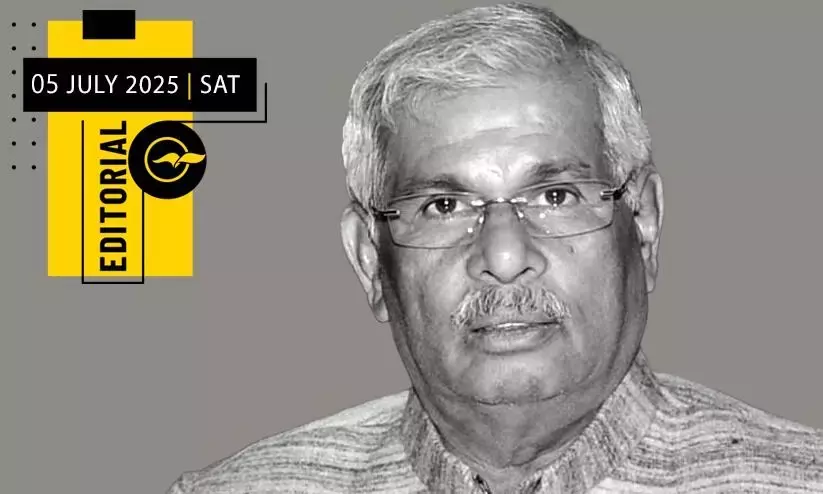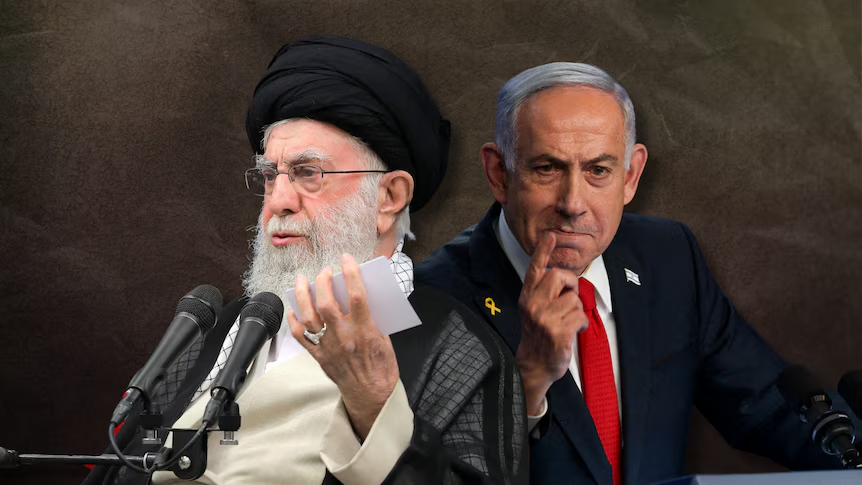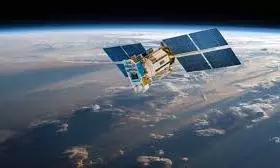
MethaneSAT goes silent after one year, deals blow to climate monitoring efforts
text_fieldsMethaneSAT, a high-profile climate monitoring satellite launched to track methane emissions, has ceased functioning just over a year after entering orbit.
This marks a significant setback in global efforts to improve transparency around greenhouse gas emissions.
Developed by the Environmental Defense Fund (EDF) with funding from partners including Google and the Bezos Earth Fund, the $88 million satellite lost communication on June 20, 2025. Despite multiple attempts to reestablish contact, EDF confirmed on July 1 that the satellite had lost power and is unlikely to recover.
MethaneSAT was launched aboard a SpaceX rocket in March 2024, and was among the most advanced tools in orbit for detecting methane - an especially potent greenhouse gas. Though methane occurs less frequently than carbon dioxide, it is 20 to 30 times more effective at trapping heat over a 100-year period, making it a crucial target in climate mitigation strategies.
The satellite’s primary mission was to monitor methane leaks from oil and gas operations around the globe and provide that data through open-access platforms for scientists, policymakers, and environmental advocates. Its failure, according to EDF, is a notable blow to climate transparency, particularly in verifying industrial emissions independently.
Despite the setback, EDF stressed that MethaneSAT’s first year yielded a valuable trove of data, which will continue to be analysed and shared in the coming months. The mission had involved collaboration with ten key partners, including Harvard University, BAE Systems, the New Zealand Space Agency, Google, and the Bezos Earth Fund.
EDF described MethaneSAT as “at the vanguard of science,” adding, “To succeed in meeting the climate challenge, we need bold action and fearless innovation.” While the satellite’s mission was cut short, it represented a significant leap in combining scientific expertise, technological innovation, and environmental advocacy.












